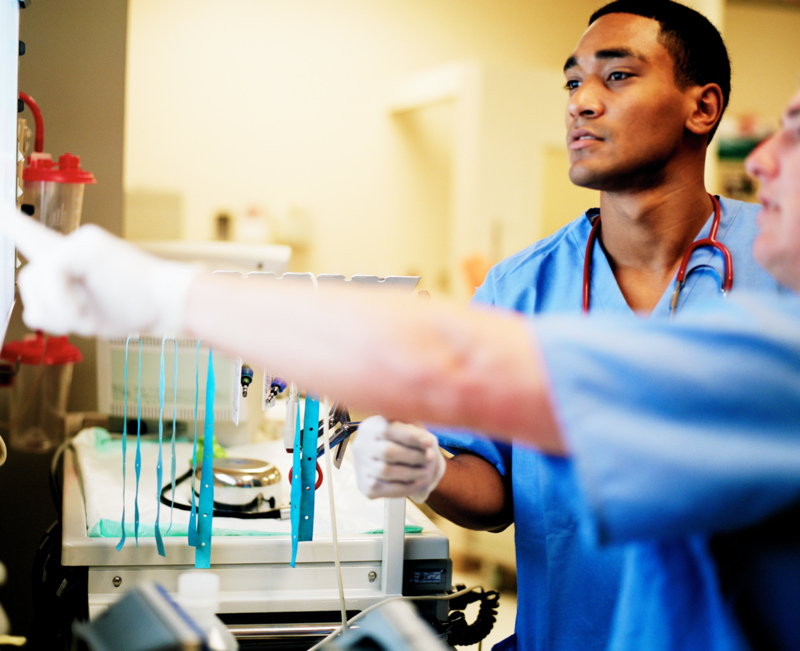
Here are some of the latest health and medical news developments, compiled by the editors of HealthDay:
Ground Beef Recalled Due to E. coli: USDA
Concerns about possible E. coli contamination have led to the recall of about 8,500 pounds of ground beef distributed by Pennsylvania-based Cargill Meat Solutions, says the U.S. Department of Agriculture.
The USDA’s Food Safety and Inspection Service said that three instances of illness in New York and Maine have been linked to the recalled ground beef, the Washington Post reported.
The beef was shipped in in cases of 14-pound packages to distribution centers in Connecticut and Maryland for further distribution in smaller packages for consumers sales under different retail brand names, said the service.
Officials said the recalled ground beef has a product code of W69032 and carries the establishment number EST. 9400 inside the USDA mark of inspection. The ground beef was produced on June 11 and comes in packages with a use-by/freeze-by date of July 1, the Post reported.
The ground beef should be eaten only if it has been cooked to 160 degrees Fahrenheit, the Food Safety and Inspection Service advised. The only way to confirm that temperature is to use a food thermometer that measures internal temperature.
—–
New Test Helps Determines Need For Cesarean
A new test to identify expectant mothers who will need a cesarean section is being introduced in a number of European hospitals.
The test is based on research findings that women with high levels of lactic acid in the amniotic fluid are unlikely to deliver vaginally, BBC News reported.
Like other muscles, the uterus produces lactic acid when it works hard during labor. When it reaches a certain level, lactic acid starts to inhibit contractions.
By measuring levels of lactic acid in the amniotic fluid, doctors could determine earlier when it’s time to end a difficult labor and proceed with a cesarean, BBC News reported.
The test is a “nice idea,” according to Professor Donald Peebles, a spokesman for the Royal College of Obstetricians and Gynecologists in the U.K.
“I can definitely see the logic, and it would be straightforward to carry out. I would be interested in seeing a large prospective study where you could see the impact it had on the management of labor and whether overall outcomes were improved,” he told BBC News.
—–
Appeals Court Rejects Vaccine Link to Autism
A U.S. federal appeals court has upheld last year’s decision by a special vaccine court that vaccines do not cause autism.
The case involved Michelle Cedillo of Yuma, Ariz. who has autism, inflammatory bowel disease and other disorders. Her parents insisted their daughter’s health problems were caused by a measles vaccine given at 15 months, the Associated Press reported.
They appealed the 2009 ruling by Special Master Denise Vowell, who said that the evidence of a vaccine-autism link “is weak, contradictory and unpersuasive.”
In its ruling Friday, the U.S. Court of Appeals wrote “we have carefully reviewed the decision of the special master and we find that it is rationally supported by the evidence, well-articulated, and reasonable. We, therefore, affirm the denial of the Cedillos’ petition for compensation,” the AP reported.
Even though scientists long ago concluded there’s no evidence that vaccine causes autism, more than 5,500 families sought compensation through the U.S. government’s Vaccine Injury Compensation Program.
—–

